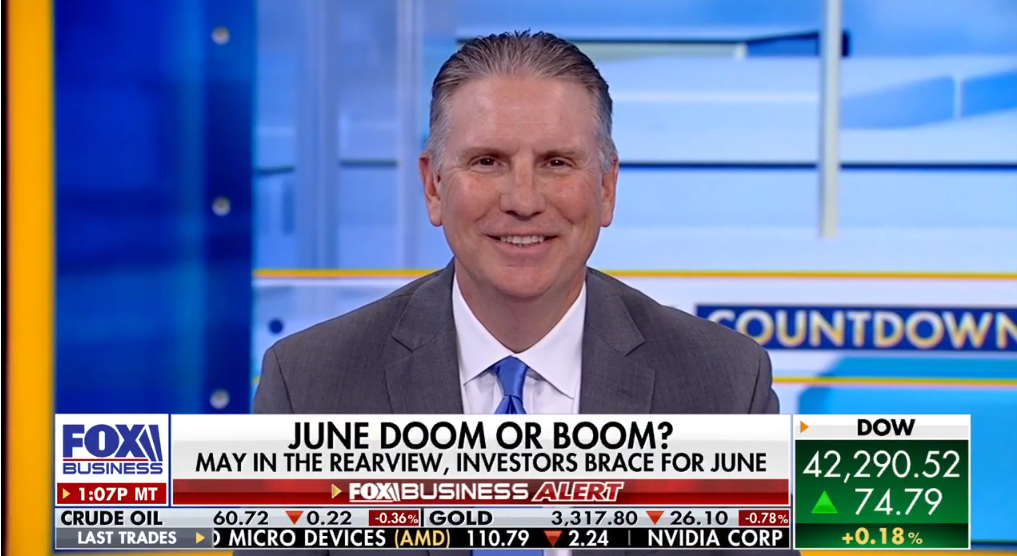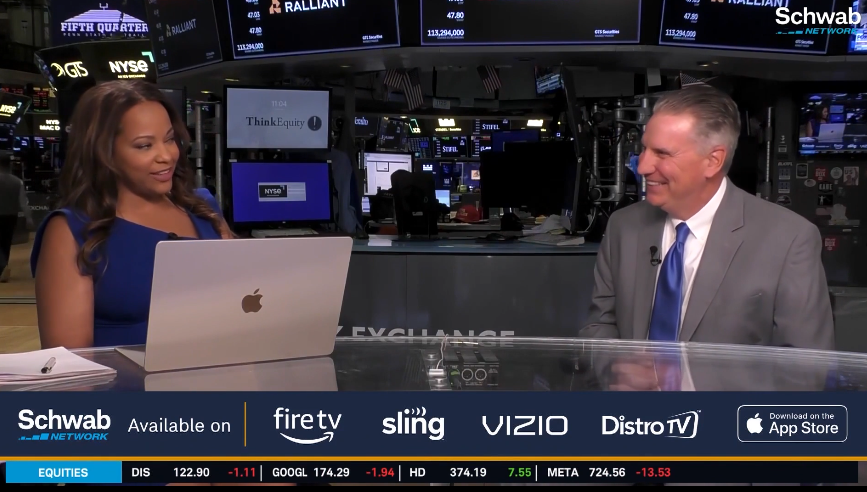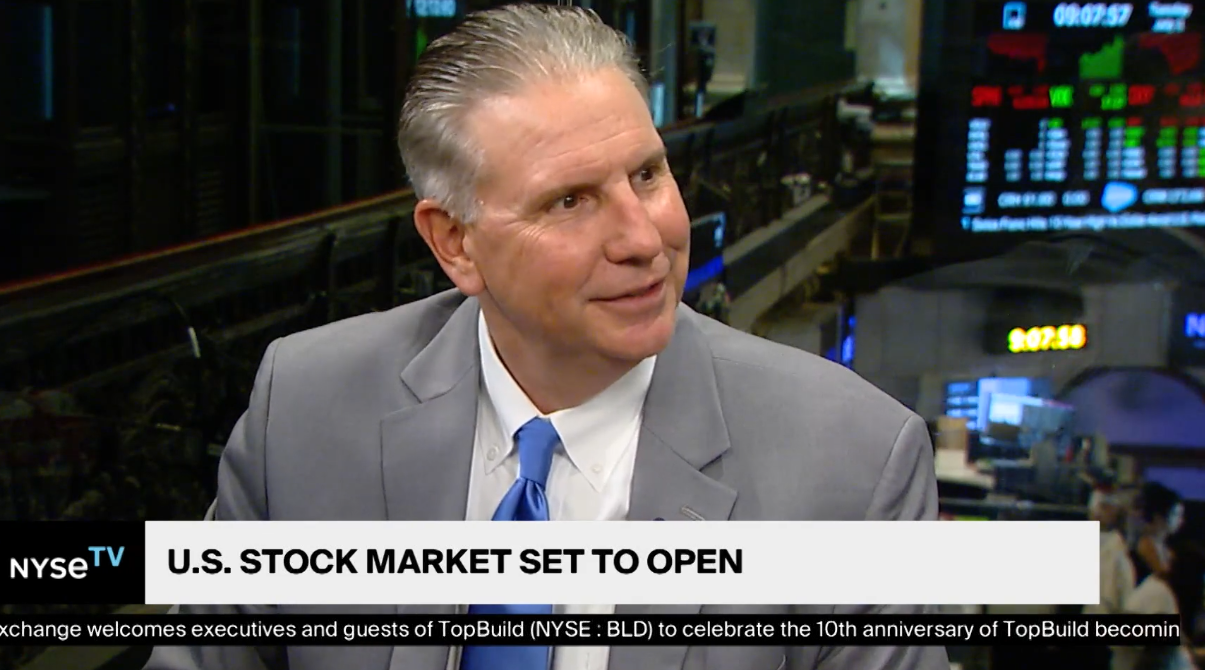
Remaining 2020 Market Outlook – Leading up to Election Day and Beyond
The 2020 election outcome will undoubtedly have a significant impact on both the markets and the economy. As a result, different pre-election polling results could induce more stock volatility leading into Election Day. As a reminder, not only is our country’s President for the next four years on the ballot on November 3, but elections will take place for the house of representative seats from all 435 congressional districts across each of the 50 U.S. states, in addition to elections for 35 of the 100 seats in the U.S. senate.
Individual investors appear to be getting skittish ahead of Election Day. According to Bank of America Research, for the week ending September 25, investors pulled $25.8 billion out of U.S. equity funds – marking the 3rd largest outflow from U.S. equity funds ever. However, there is a “Risk of Missing Out (e.g., ROMO)” that investors need to consider as well. According to JP Morgan, if an investor missed the top 10 days in the stock market between 2000 and 2019, their returns would have been cut in half. Also, according to a recent research study by Hartford Funds, for the past 12 presidential elections, the S&P 500 Index has generally been positive 90 days before and after Election Day. Going back to 1974, the stock market, as measured by the S&P 500 Index, has experienced an average gain of 1.4% in the three months leading up to Election Day and an average gain of 4.0% in the three months following Election Day – regardless of which political party won the Presidency or had control of Congress.
For these reasons, as opposed to trying to time the market to account for the possible results of this election cycle, having a portfolio strategy that helps protect investors on the downside, participate in upside market movements, and perhaps even provide some dividend income along the way, seems worthy of consideration to us.
While realizing the benefits of international equities in a globally diversified portfolio, we continue to favor U.S. companies that have;
• strong balance sheets absent of excessive leverage,
• a history of consistent increases in profitability,
• experienced management teams,
• a history of dividend payments, and
• a proven ability to innovate and adapt to changing market conditions and societal preferences.
We also currently favor relative quality in our fixed-income allocations and would expect U.S. investment-grade corporate and municipal bonds to continue to benefit from the Federal Reserve’s revamped asset purchase program and potential additional, short-term bouts of stock market volatility.
Finally, regardless of the outcome of this election, there appear to be three thematic areas of the market that have provided leadership throughout the COVID-19 pandemic thus far and are likely to provide leadership within the new American economy that emerges following COVID-19. Consider the rapidly evolving way in which humans interact and businesses operate; that rate of change has never been quicker than it is right now. This evolution has occurred in the areas of healthcare, technology, and E-commerce. We believe that this already rapid evolution taking place, combined with the force of change brought on by the COVID-19 pandemic, will form the basis of a new American economy as more and more Americans work remotely, shop online, and seek innovative and effective healthcare solutions. Accordingly, we see the new American economy creating investment opportunities across the themes of technology, E-commerce, and healthcare for investors to consider likely for years to come.
As always, we continue to encourage investors to maintain discipline and work with experienced financial professionals to help manage their portfolios through various market cycles within an appropriately diversified framework consistent with their objectives, timeframe, and tolerance for risk.
Stay well, everyone!
Disclosures:
Hennion & Walsh Asset Management currently has allocations within its managed money program, and Hennion & Walsh currently has allocations within certain SmartTrust® Unit Investment Trusts (UITs) consistent with several of the portfolio management ideas for consideration cited above.
Past performance does not guarantee future results. We have taken this information from sources that we believe to be reliable and accurate. Hennion and Walsh cannot guarantee the accuracy of said information and cannot be held liable. You cannot invest directly in an index. Diversification can help mitigate the risk and volatility in your portfolio but does not ensure a profit or guarantee against a loss.



